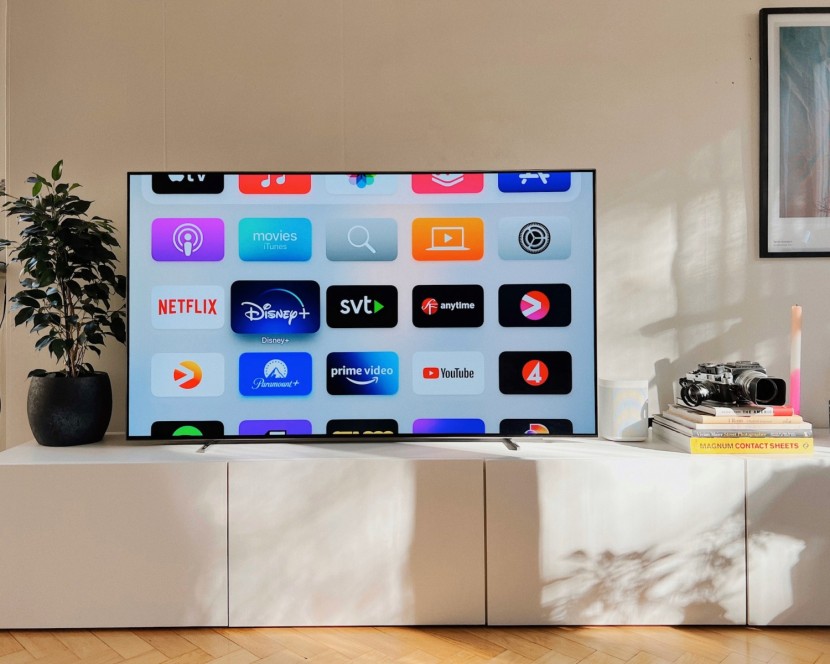
After several years of discussion, Canada finally passed its Online Streaming Act.
The most significant change brought about by Bill C-11 is that streaming services like Netflix, Prime Video, and Disney+ will be subject to the same restrictions that govern Canada's networks.
Duties Under the Law
According to Deadline, streaming providers are now legally obligated to "contribute to the creation and availability of Canadian stories and music" and "pay their fair share in supporting Canadian artists, just like traditional broadcasters," according to legislation guidelines published by the Canadian government last year.
To comply with the requirements of their licenses, Canadian networks must meet specific metrics. The Canadian Radio-Television and Telecommunications Commission (CRTC) is the local authority that has the power to penalize and otherwise punish streamers for noncompliance, Engadget reported.
The measure became law in Canada after it was approved by the Senate and given royal assent Thursday, Apr. 27.
However, businesses like YouTube have spoken out against the new rule from a commercial viewpoint when the government of Justin Trudeau initially proposed it.
Canadians have also voiced concerns that it amounts to censorship. But, the government said via a February news release that the legislation's key provisions are directed at commercial organizations and do not apply to individual content creators.
What's in it for Canada and its People?
The government claims the bill will make it easier for audiences to access Canadian and Indigenous stories. It will also provide Canadian producers, directors, writers, actors, and musicians more opportunities to create high-quality audio and audiovisual content.
Moreover, authorities said the bill will establish a uniform set of rules for all comparable broadcasters, whether they operate online or in traditional media.
Deadline said that broadcasting in Canada is highly controlled across all sectors to safeguard the country's English and French language traditions and foster the growth of commercial, public, and specialized networks. The Broadcasting Act has not been updated since 1991, long before the popularity of streaming services.
To a certain degree, international streamers have reportedly been bypassing the established system up to this point. For example, Netflix is often against regulation and quotas in the local regions where it operates while investing massively in local production as a means of paying its way.
Similar Content Limits in Other Nations
As part of its five-year 'Revive' National Cultural Policy, Australia is also considering imposing content limitations on streamers. Streaming services in the European Union must meet or surpass a 30% quota for locally produced content.
The UK has also been working to tighten regulations on subscription video on demand (SVoD). The local government may now levy fines against them if their material breaches fairness, truthfulness, or privacy concerns.
In light of this, Netflix UK's Head of Policy Benjamin King recently expressed concern that the proposed regulations would "prove unworkable or risk a chilling effect" on the company's enthusiasm for producing documentaries in the nation.
© 2026 HNGN, All rights reserved. Do not reproduce without permission.








